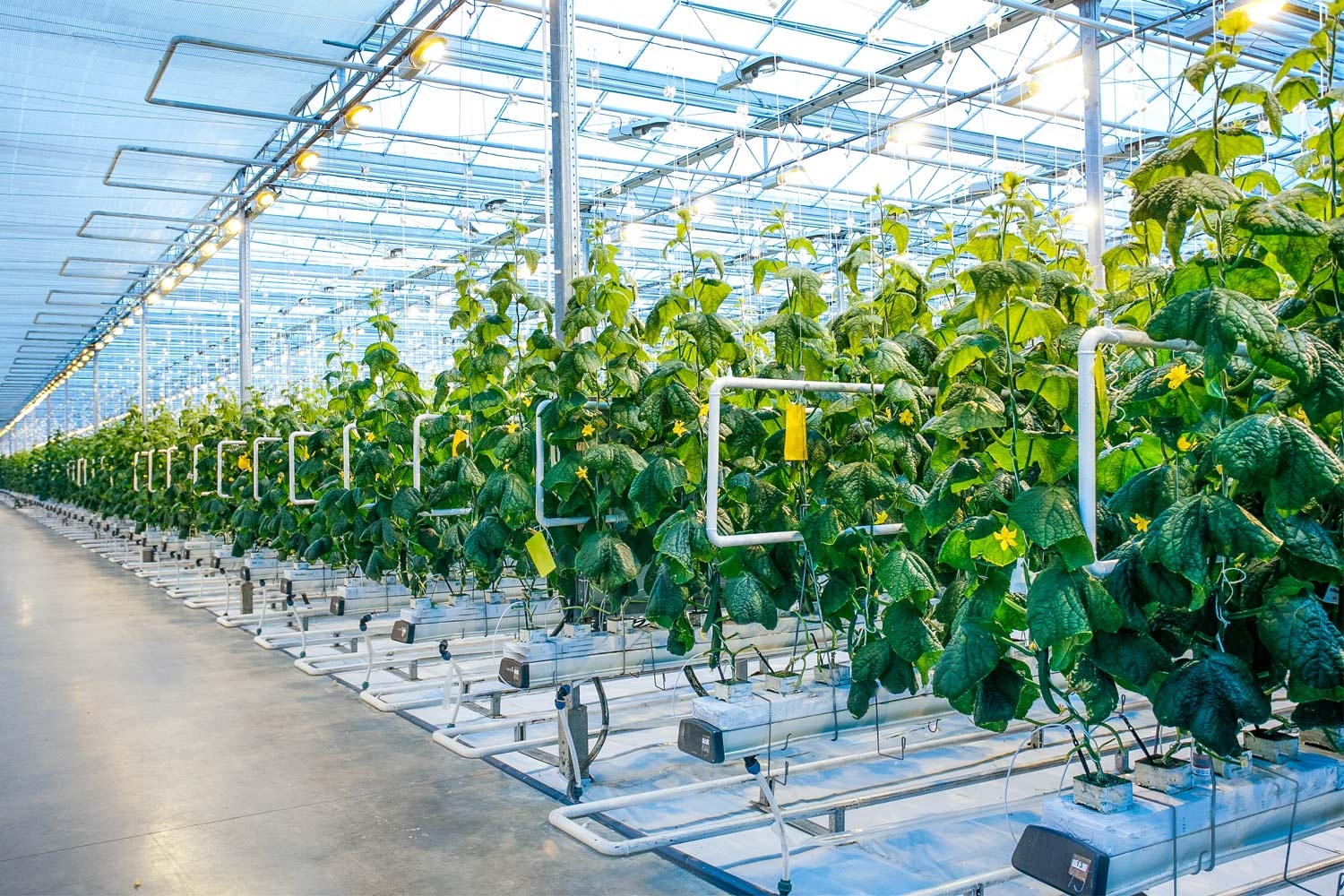
They competed to design the best campaign
Izmir University of Economics (IUE) Faculty of Business brought together 90 students from 18 high schools in its first-ever digital ...

Education Bridge from Izmir to the Netherlands
In an effort to create new career opportunities for its students, the Faculty of Business at Izmir University of Economics ...

Elif’s boundless success
Elif Larende (22), who graduated from Izmir University of Economics (IUE) Faculty of Business, Department of Economics with the second ...

‘Digital waiter’ ranks third
Mehmet Güler, a student of Izmir University of Economics (IUE) Department of Economics, came third in the ‘Akıl Fikir Yarışması’ ...

'Raspberry' ranks second in Turkey
Izmir University of Economics (IUE) Department of Economics student Mehmet Güler came in second in Turkey with his project called ...





